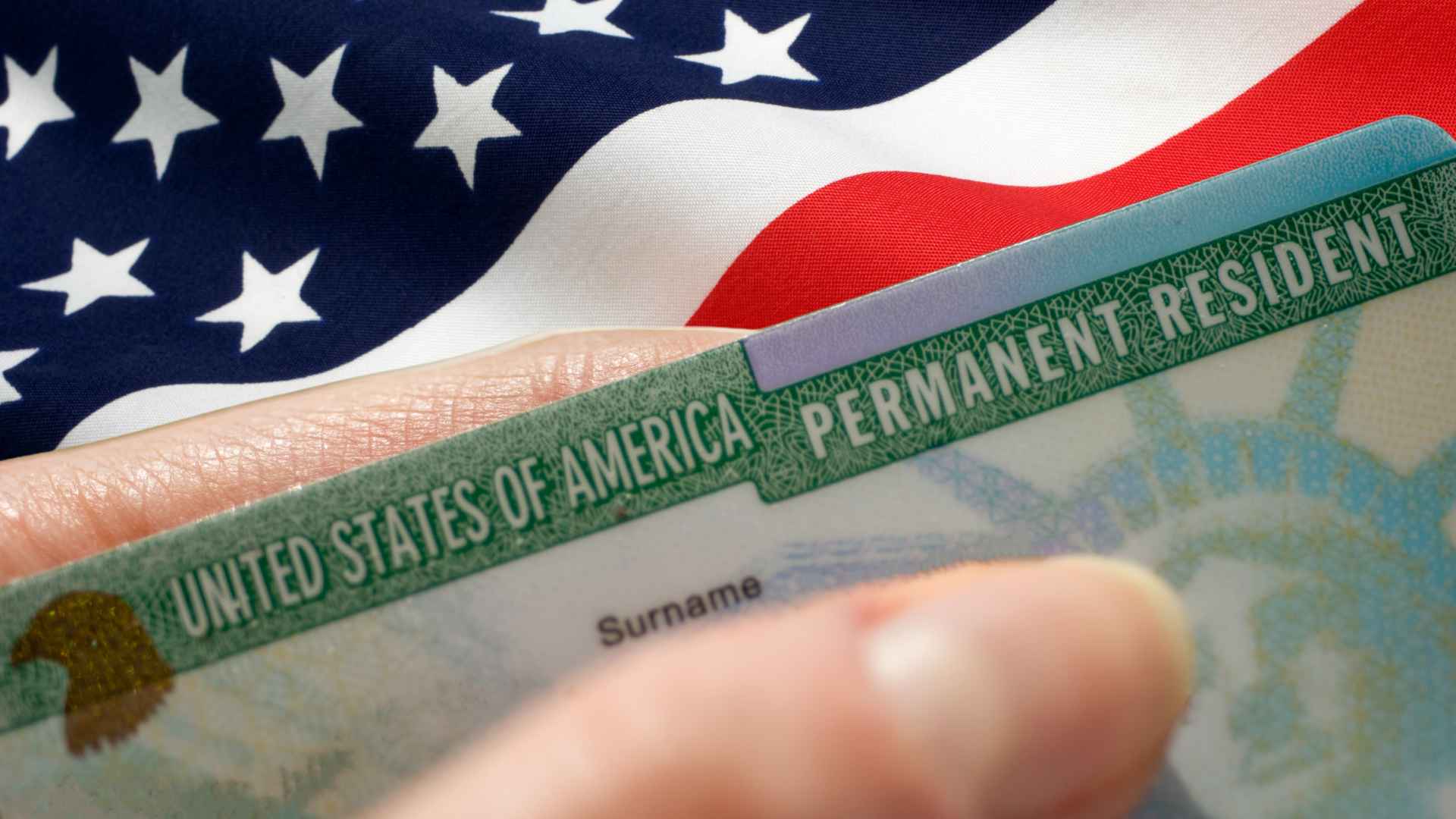Millions of immigrants could soon pay higher health and money‑transfer costs after the president’s bill cleared Congress on July 4.
The measure trims federal help, adds a 1 percent fee on cash sent abroad, and steers billions to immigration enforcement.
President Donald Trump’s newly signed One Big Beautiful Bill (OBBB) brings sweeping changes for lawful permanent residents and other legally present immigrants. Lawmakers say the overhaul redirects benefits to citizens, but advocates warn it may leave vulnerable families without affordable coverage.
How the new bill sharply narrows federal health subsidies for immigrants
Today, most green card holders, refugees, and certain visa holders may buy Affordable Care Act plans with tax credits or, after five years, enroll in Medicaid. OBBB would block subsidies for many of those groups immediately.
The Congressional Budget Office projects 1.3 million legal immigrants will lose coverage and 11.8 million Americans overall could be uninsured by 2034, while the deficit rises nearly $3.3 trillion. Here, the key provisions and primary groups affected
| Provision | Still eligible | Loses or faces limits |
|---|---|---|
| ACA premium credits | Green card holders, some Cubans/Haitians, select Pacific Islanders | Most other visa classes, refugees, domestic‑violence survivors |
| Medicaid before 5 years | Same as above | Low‑income recent LPRs, mixed‑status families |
| Medicare access | Unchanged for qualifying LPRs | None |
New remittance tax could squeeze family budgets both here and abroad
Send money home each month? The bill adds a 1 percent levy on most international transfers. Supporters argue it will raise “significant federal revenue,” yet critics like economist Veronique de Rugy counter that the surcharge “effectively reduces household income.” For workers juggling rent and groceries, every dollar counts.
Steeper enforcement funding signals tougher detention and deportation landscape for non‑citizens
OBBB directs $45 billion to expand Immigration and Customs Enforcement bed space to nearly 100,000, $14 billion for transport, and $8 billion to hire 10,000 officers. Refugee Council USA’s John Slocum calls the scale‑up “a shocking reversal.” Will more aggressive removals follow? Community groups are bracing. Federal agencies have 180 days to issue detailed rules. In the meantime:
- Review current health plans and check eligibility once regulations post.
- Consult immigration attorneys before changing status or benefits.
- Track transfer costs; consider bundled payments to trim fees.
Consequently, the debate will intensify as households discover concrete impacts on their wallets and health. Nevertheless, supporters insist OBBB “protects vulnerable Americans” by curbing waste and tightening borders.

